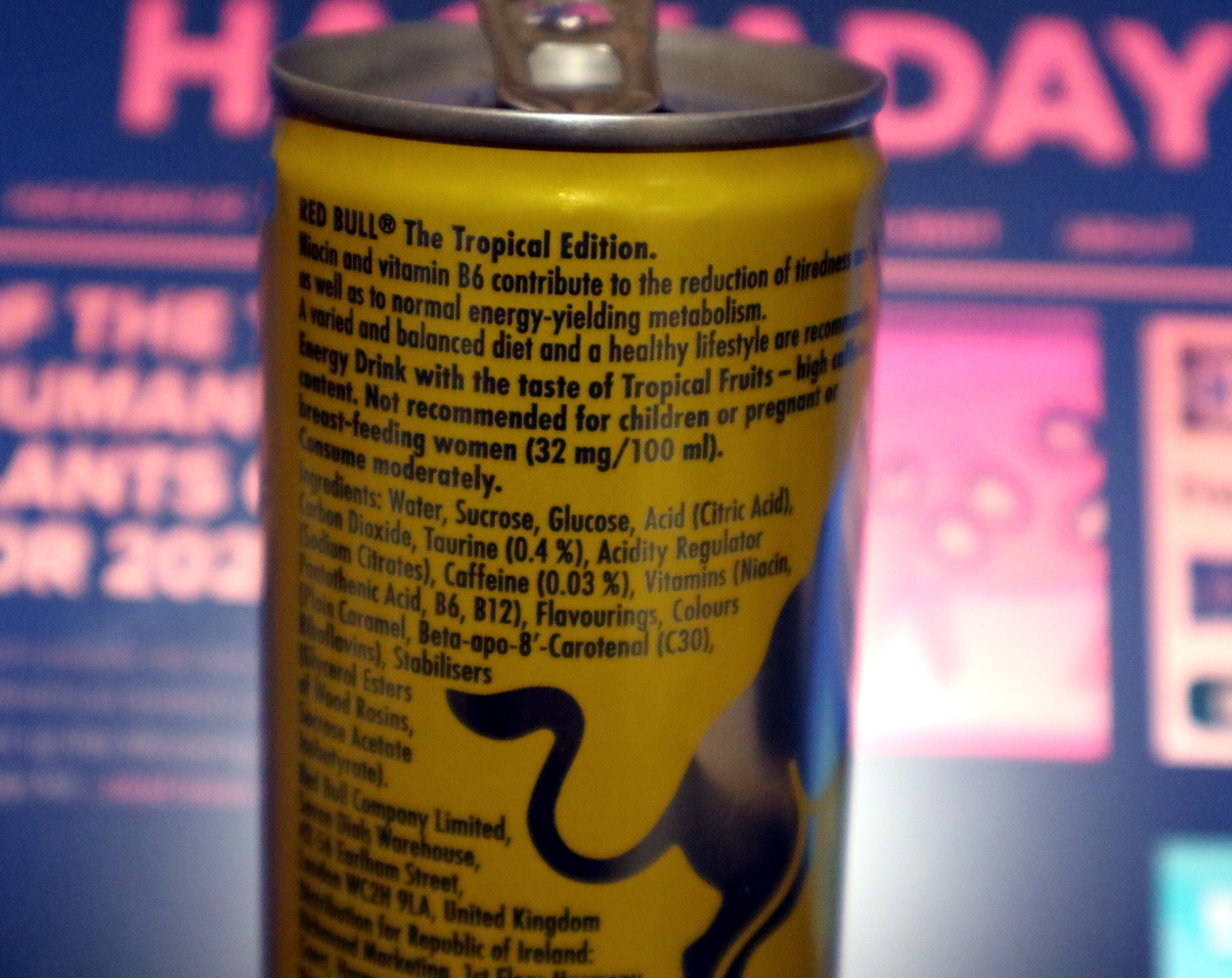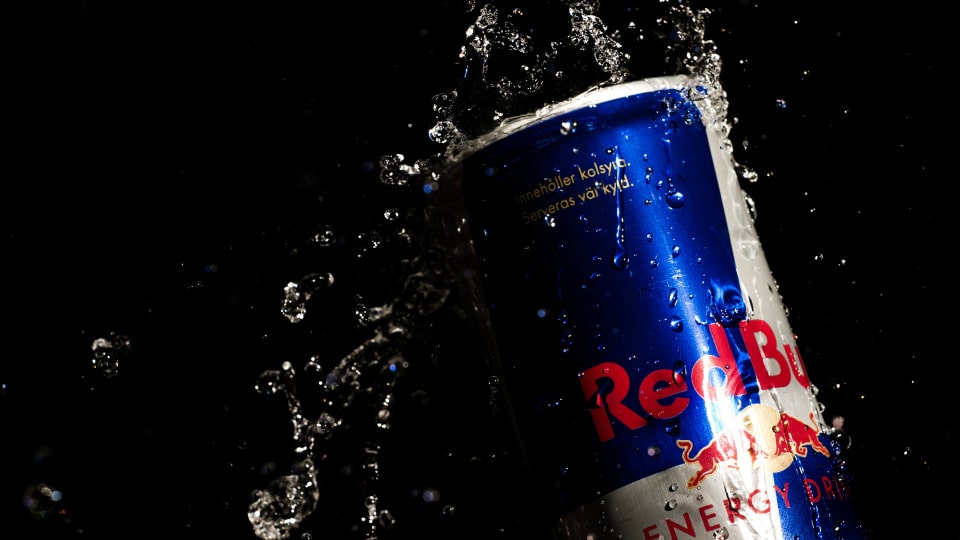

Coffee may not have as strong of a kick as Redbull. Cons of CoffeeĬoffee may cause heartburn with its acidity. Coffee is made fresh and can be heated or cooled. Coffee has been known to lessen the effects of diabetes. Coffee wakes you up! Coffee is customizable to your taste preferences.Ĭoffee has been linked to improved heart health and boosted metabolism.

Coffee heightens your senses and sharpens your focus. So the common question does Redbull have more caffeine than coffee, well it does not. Coffee and Redbull share similar traits, but red bull compared to coffee has around 10mg less of caffeine.

You may be wondering how much caffeine in red bull, well red bull caffeine content is around 30mg of caffeine. Redbull is a synthetically made energy drink. Depending on the coffee, the amount of caffeine can change, the caffeine in coffee is generally around 40mg. Here will compare things such as taurine vs caffeine, caffeine in coffee vs redbull, and answer all your questions! What is coffee?Ĭoffee is a popular drink brewed by running hot water through ground coffee beans. Today, I’ll be covering two specific sources of caffeine: Redbull and coffee. But are some sources of caffeine are better than others? There is a wide variety of drinks to satisfy our caffeine kicks, from coffee to teas to energy drinks. If you want an energy drink and it has a ton of sugar, that’s perfectly okay.Įverything in moderation.Everyone likes caffeine. I hope this post has been able to help you identify some decent options!Īnd remember: you don’t HAVE TO identify the healthiest option.
#Red bull caffeine content free#
But many of the options out there, as evident by this post, are very low in calories and contain little to no sugar.Īt the end of the day, coffee is the “healthiest” kind of energy drink, as it is just one ingredient, free from sugar, and completely natural.īut that being said, there are some amazing options out there if coffee isn’t your thing. Sure, some options have a ton of added sugar, and that may not be ideal for you.

They’ve gotten a bad rap as being mostly sports drinks with caffeine, but over the years, energy drinks have really evolved. However, I’d like to point out that many energy drinks are indeed healthy by most definitions of the word. Remember, we all define “healthy” differently, so we can’t answer this definitively. If you normally only consume 100-200mg of caffeine every day, but one day you happen to have 600mg, that’s totally fine as a one-off occurrence. The “limit” is just a recommendation based on consuming caffeine every single day. Some days just call for a large cold brew, so the caffeine content goes up rather quickly.Īs you’ll soon see, some energy drinks contain 300 mg of caffeine, so if you were to pair that with a coffee, or drink 2 of these energy drinks on a given day, you can quickly go over the recommended caffeine limit.ĭon’t worry about going over that limit on any given day, either. It’s very individualized, and that may work fine for you, but consult a physician if you are unsure!įor me personally, I try to cap my consumption at 500mg per day. If your coffee consumption is very high, you may already consume more than 400mg of caffeine, which can be totally fine. Since tolerances vary, you may very well be able to handle more caffeine without any ill effects, but this is the general rule of thumb. If you were to have 2 of those coffees per day, that’s about 400mg of caffeine.Īccording to the FDA, 400mg is the recommended caffeine consumption limit. If you’re like me and drink a big cup (or glass) of coffee, you’re looking at around 200mg of caffeine. I like to estimate that a small cup of coffee will typically have around 100mg of caffeine. Depending on the type of roast, brewing method, etc, the caffeine can vary pretty widely. If you check out my caffeine comparison for Dunkin & Starbucks, you’ll see that caffeine content for coffee is all over the map.


 0 kommentar(er)
0 kommentar(er)
